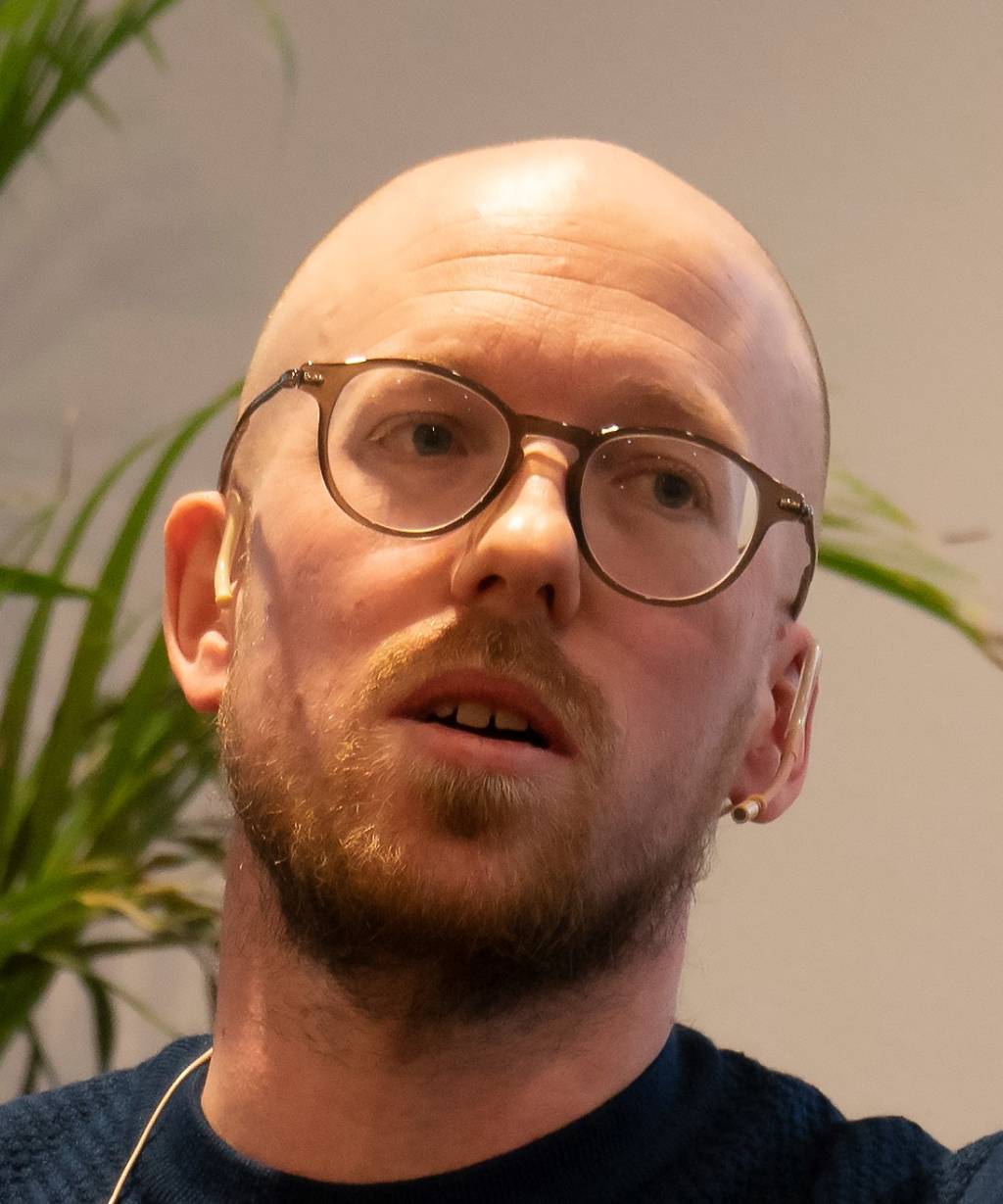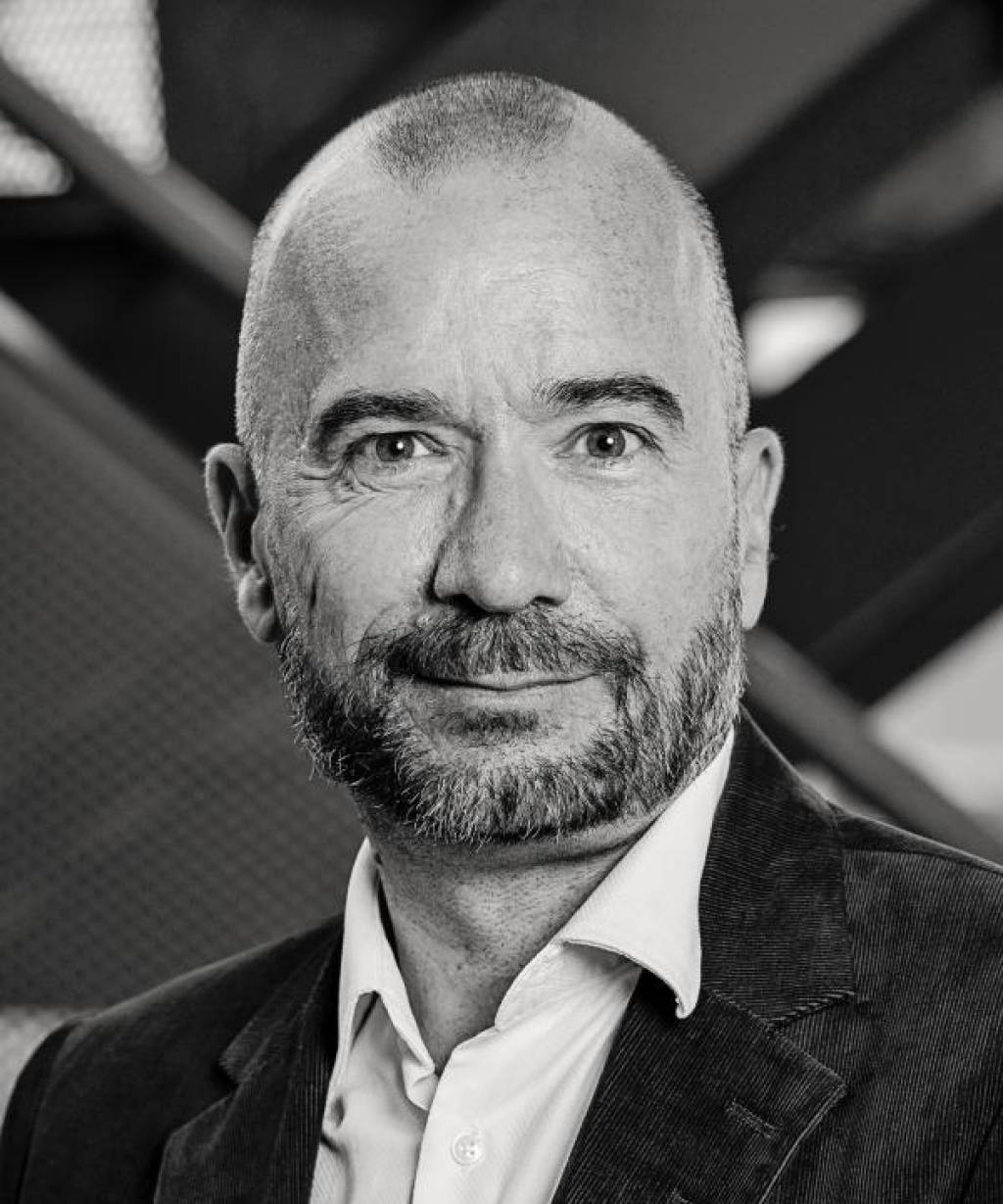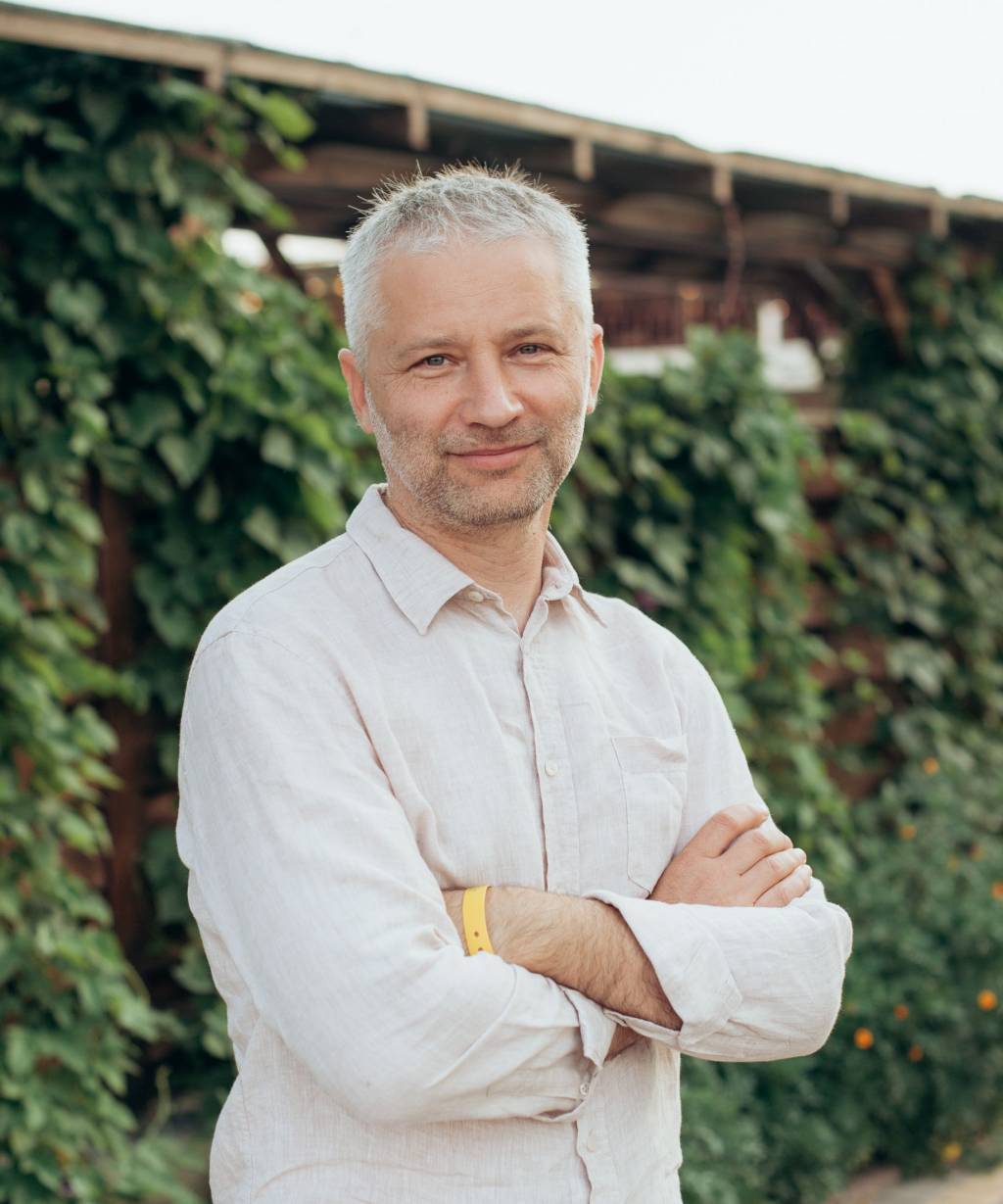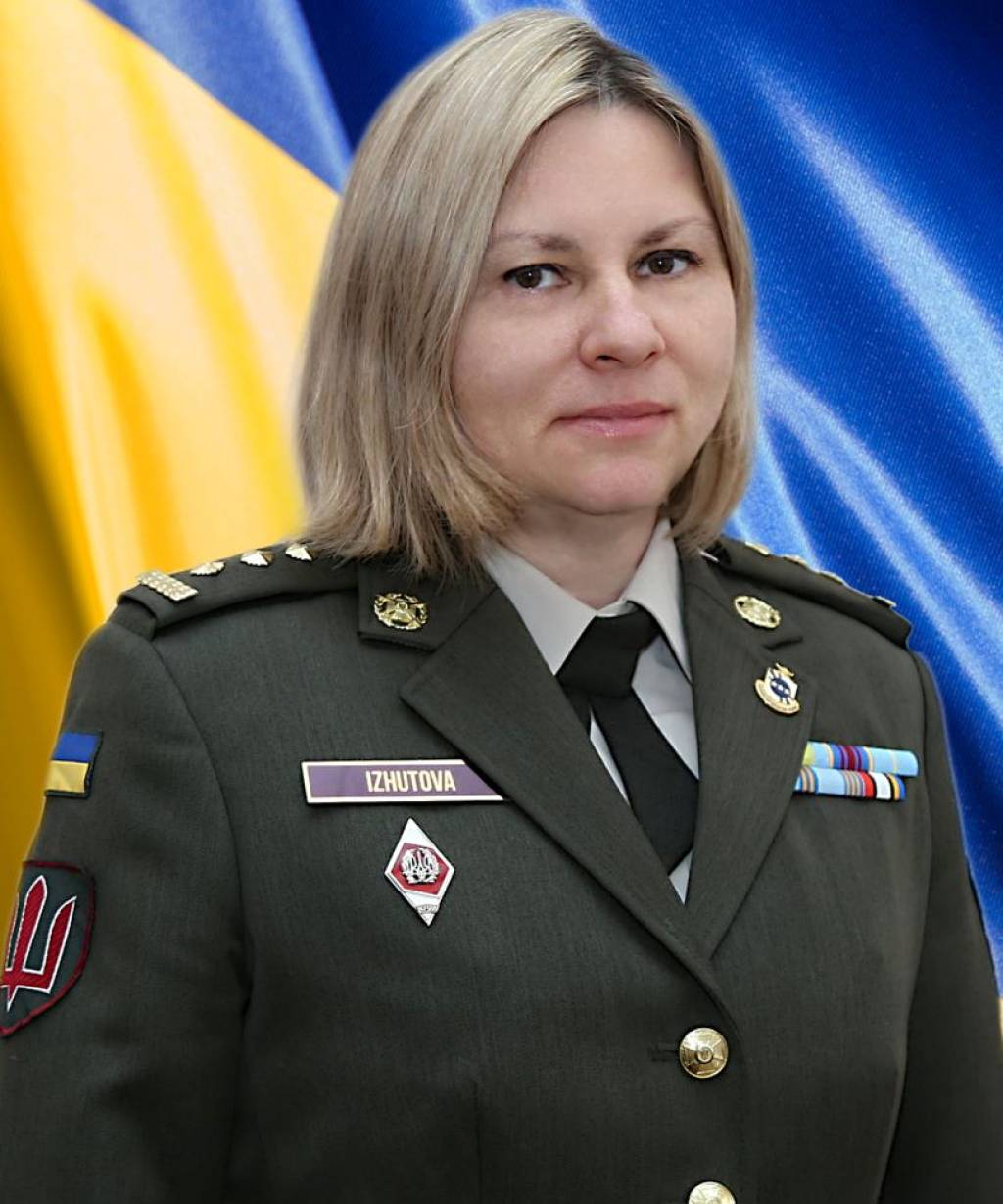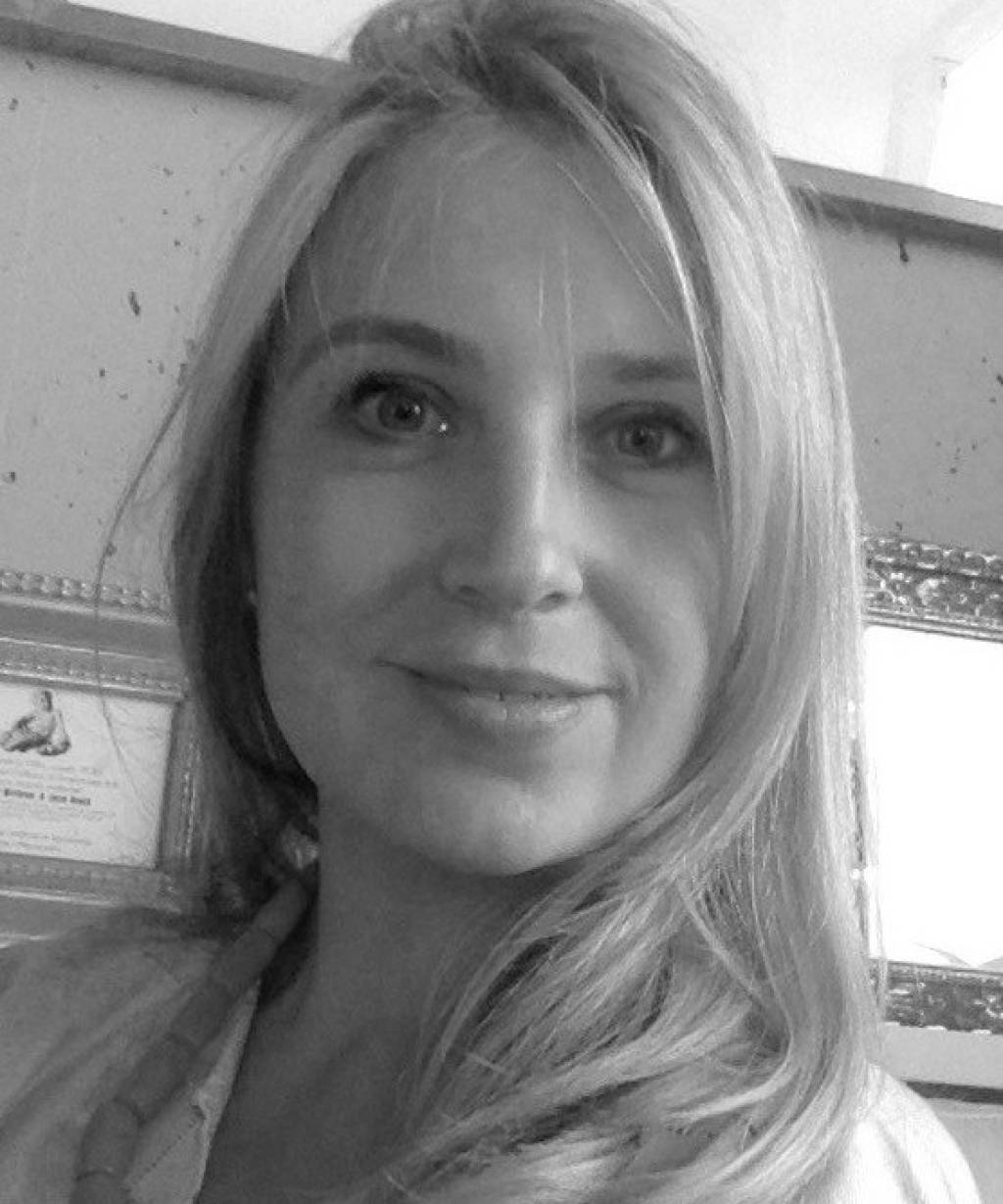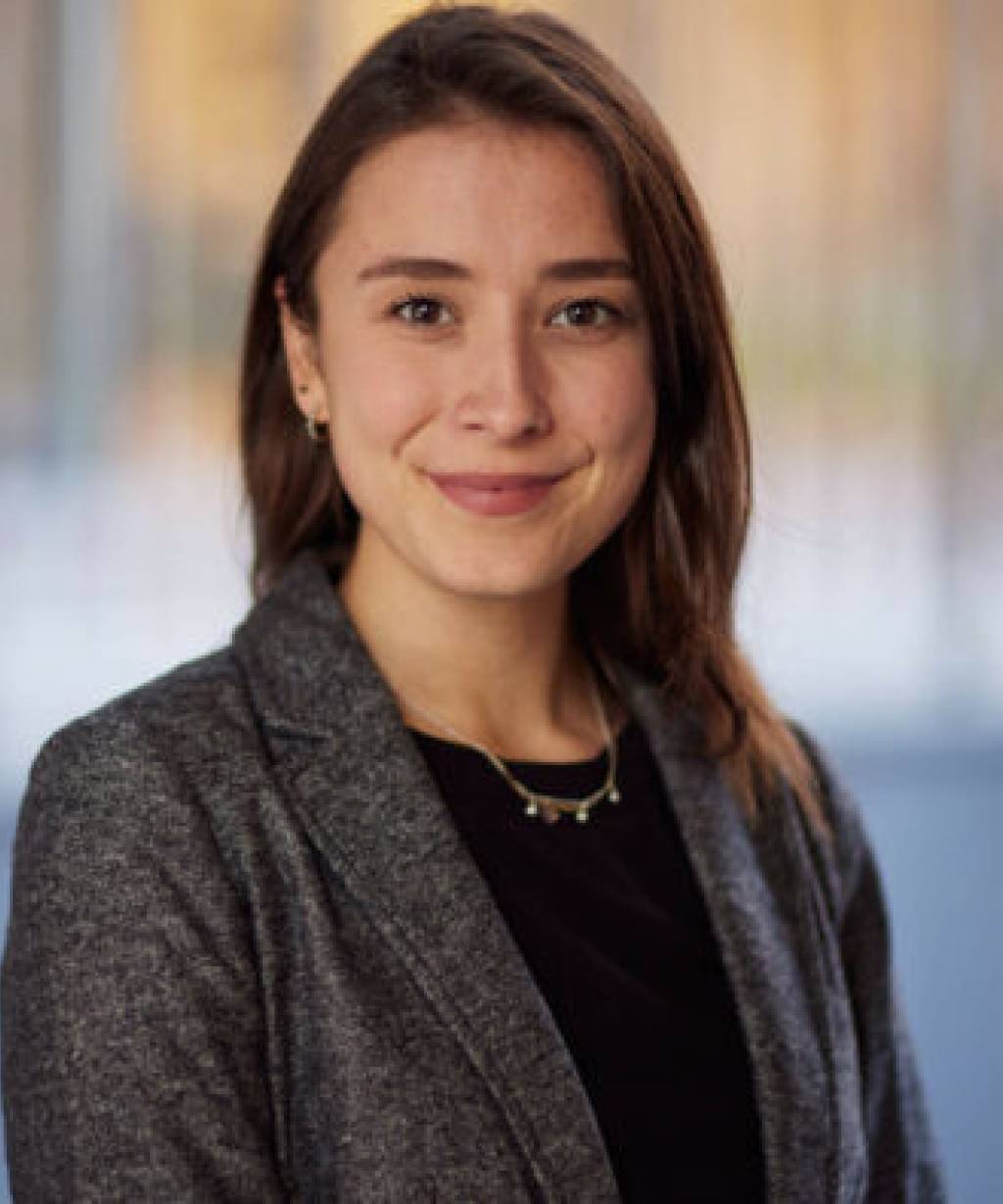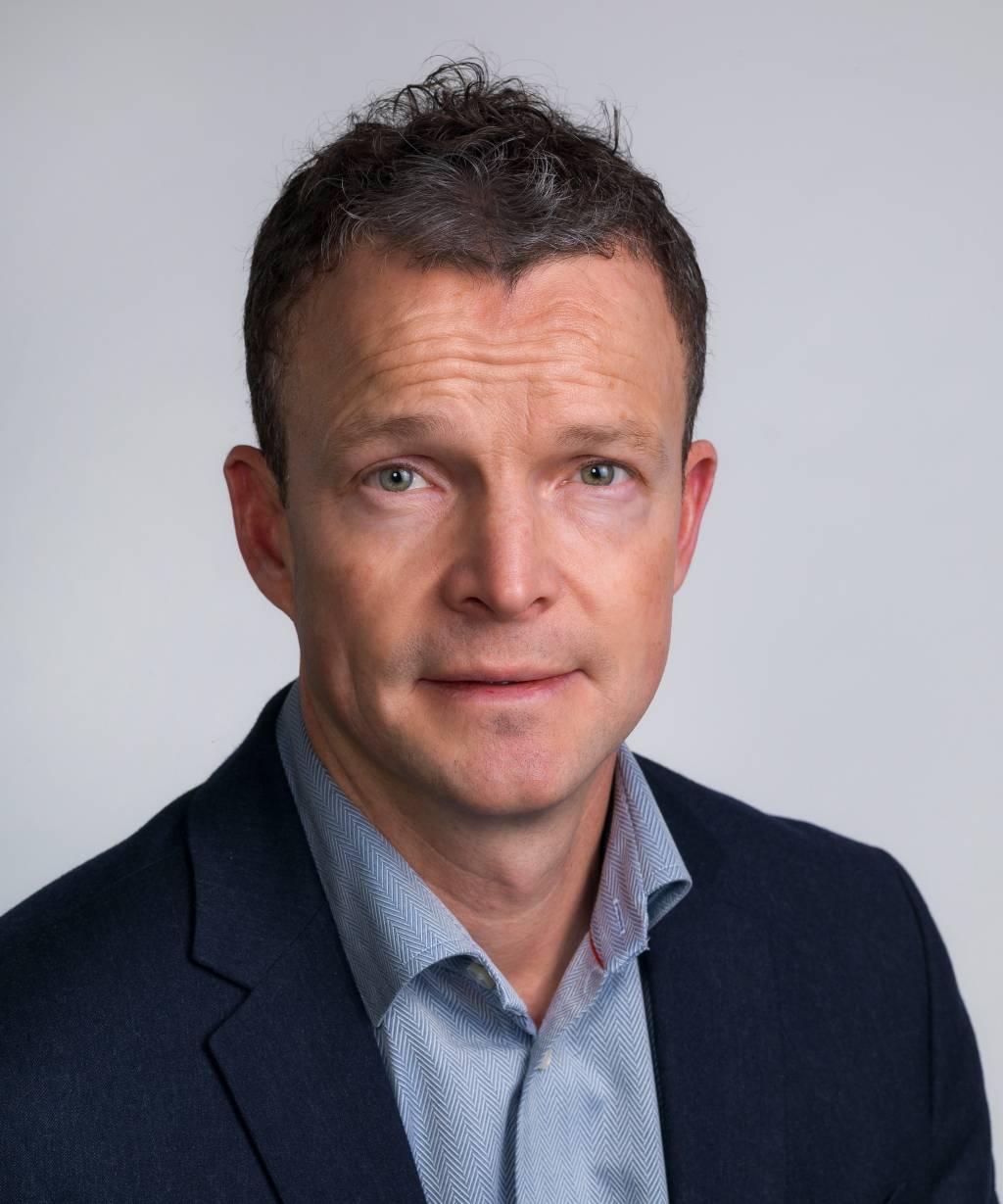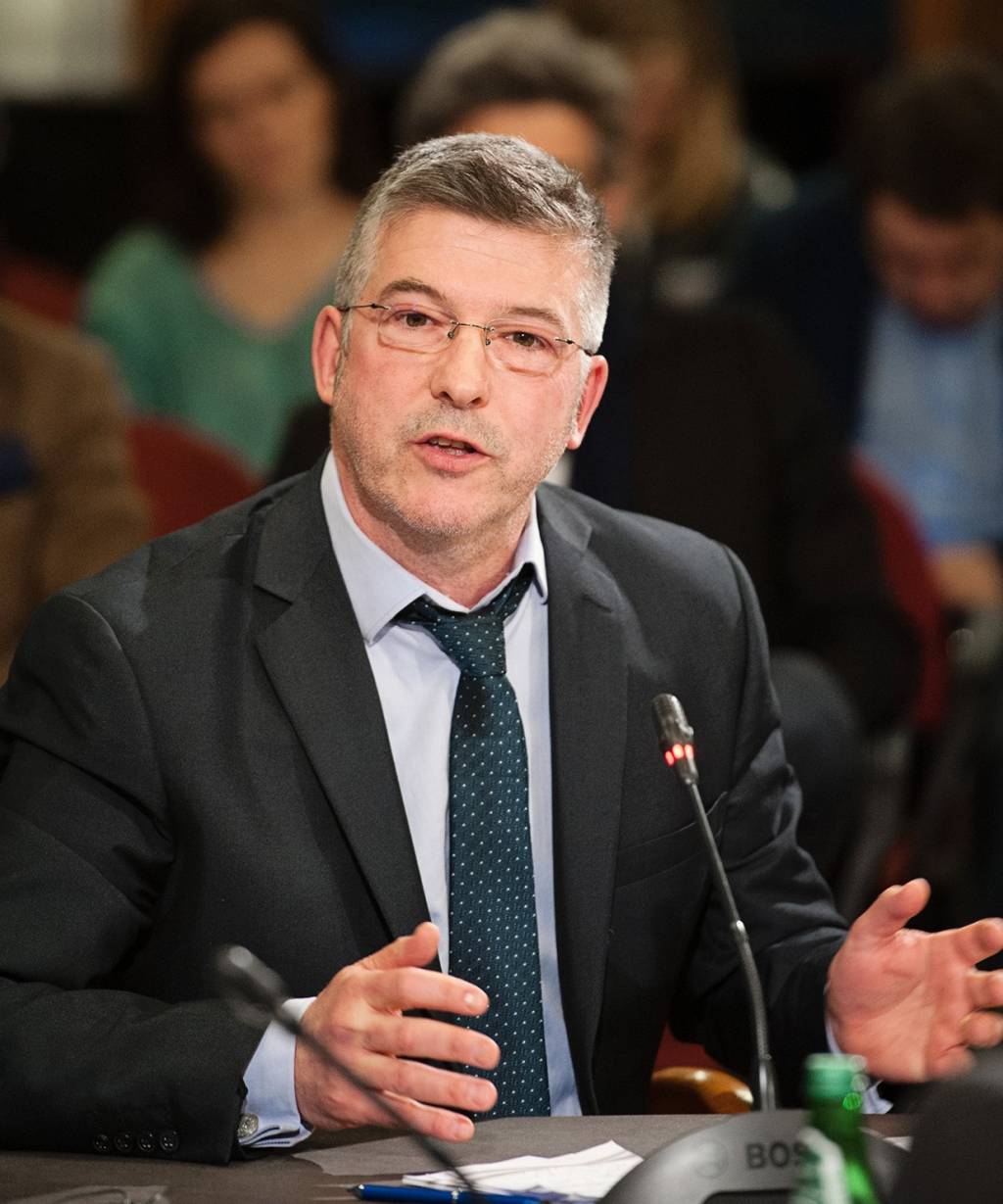
Contested Ukraine. Military patriotism, Russian Influence and Implications for European Security
Since at least 2014, the sovereignty of Ukraine has been openly contested by both Russia and various rebel forces. This contestation, we argue, is not merely military. Also, there is an ongoing battle for the hearts and minds of the population. It is this battle our project group set out to explore from late 2021.
Much changed with the full-scale invasion of 2022, yet our research aims largely remain the same:
- To scrutinize and explain Russian attempts to influence Ukrainian citizens both within and outside the occupied territories.
- To gain new insight into society-centric aspects of modern warfare by examining Russian practices targeting Ukrainian citizens.
- To study and learn from Ukraine’s countermeasures against Russian society-centric warfare, and to evaluate the implications for European security.
We believe Russia has for decades been employing a range of new and old tools in Ukraine (and beyond) to distort reality and to turn Ukrainian citizens against their legitimate home country. In the territories attempted annexed, children have become especially vulnerable – subjected to extensive russification and militarization. As Russia since 2022, has taken more Ukrainian territory under control, it has become increasingly clear that it seeks to permanently alter the social fabrics of people living there. At both ends of the frontline as well, the fight over information, truth and loyalties remain intense – even as the military aspects have grabbed much attention.
The contestation of Ukrainian identities, political loyalties, and perceptions of truth brings about both security-related and political consequences for Europe as well. We seek to better understand the society-centric strategies of Russia – how Russia relates to societies as wartime objectives and to what consequences. We will explore this Russian footprint on the local, regional, national and international level, looking for the common denominators. In this way, we seek to expand our knowledge beyond what we already know of Russia’s methods of influence.
The project is conducted in collaboration with three international institutional partners: The National Defence University of Ukraine (NDUU), University College of London (UCL), Danish Institute for International Studies (DIIS).


